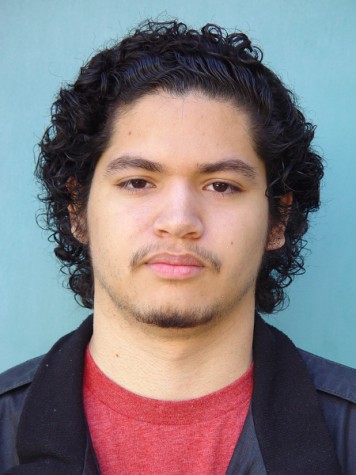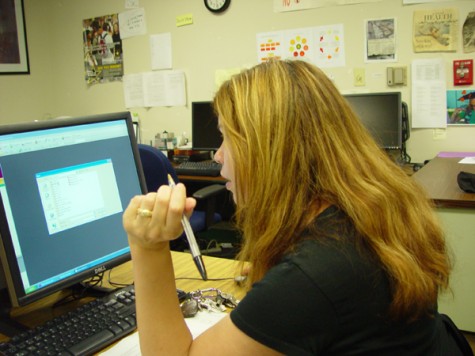Every fall semester brings forth the arrival of new students who are fresh out of high school, but this often results in a surplus of students who are unsure by what they’re supposed to be doing next. To help get things rolling on the right track, there are numerous resources available to students here on campus.
Taking the required courses for an educational goal is the primary task for most students, and the counseling department specializes in just that. They will help direct students on the right trajectory toward their objectives. Even though most students have already visited a counselor prior to the beginning of the semester, it is important to also see a counselor once the semester has begun to build an education plan.
Jewel D’Aloia Price, the dean of student services said, “Students should visit a counselor to develop a student education plan, which serves as a road map to what courses to take.”
But the counselors are not just there to provide academic help, they also help with college life in general.
“Sometimes students are under pressure,” said Price. “[They] have situational issues that come up, have a problem in a relationship, or maybe there’s something they don’t understand in class, a problem with a teacher.
Counselors also hand out referrals, and assist in legal problems among other things. If a problem persists, Price says that a “counselor will help make you aware of the tutoring. They’re the one person you can come to with different kinds of issues.”
Aside from the counseling center, there’s the transfer center, which is focused more on helping students select a college to transfer to. Some of the more popular universities that students want to transfer to include UCLA, UC Berkeley, Cal State L.A., and Cal State Northridge.
However, the California State University (CSU) system is favored over the University of California (UC) system because the admission policy is less rigorous and the tuition fees are lower.
The minimum grade point average for admission into a CSU is 2.0, while the minimum grade point average for a UC is at 2.4. However, the popular colleges require an even higher grade point average, such as UCLA, which has accepted high school graduates students at an estimated 4.34 grade point average, according to a UCLA press release.
The CSU annual tuition is estimated at $2,772 a year, whereas the UC annual tuition is considerably higher at $7,446. The transfer center assists low-income students through the financial aid office, another resource that all students are advised to look into. Tuition shouldn’t be a problem unless all financial aid has been dealt with beforehand.
Besides the CSU and UC transfers commonly made, many student also want to transfer to independent universities. There are an estimated 100 transfers a year from students who attended GCC to transfer to an independent university.
About 225,000 students attend independent universities, which is equal to about 21 percent of California’s four-year undergraduate students. Each independent college offers its own diverse programs, and about 50 percent of all master’s degrees and doctorates awarded in California are from independent colleges.
Although not all students are planning to transfer to a four-year-university, such as those students who are trying to attain a two-year degree or those who are aiming to upgrade their educational status, they are advised to visit with a counselor to make sure they are taking the required courses for their educational goal.
With a university of choice in mind, most students still don’t know what to major in. The career center provides assistance in just that area. They are here to help students find out about their own capabilities and talents while exploring different jobs opportunities in the market.
“The transfer center is more focused on helping students select a college to transfer to, help students know what courses they need for their major, explain the different admission requirements of the different universities, help students with the applications, and just help them in general with the whole transfer process,” said Price.
“The career center is going to help decide what their interests are, what is involved in different careers and what is involved in different majors.”
In fact, the career center has an interest survey, which will help students decide if they are in interested in pursuing a conventional, enterprising, investigative, artistic, social, or realistic type of job.
Even if students are new at the whole college experience, visiting these campus services should help in getting them accustomed to how to the system works and to how succeed at GCC.
For more information about the transfer center, call (818) 240-1000, ext. 5442. Or visit the transfer center at the San Rafael building second floor, which is open from 8 a.m. to 7 p.m. Monday through Thursday and from 8 a.m. to 2 p.m. on Friday.


